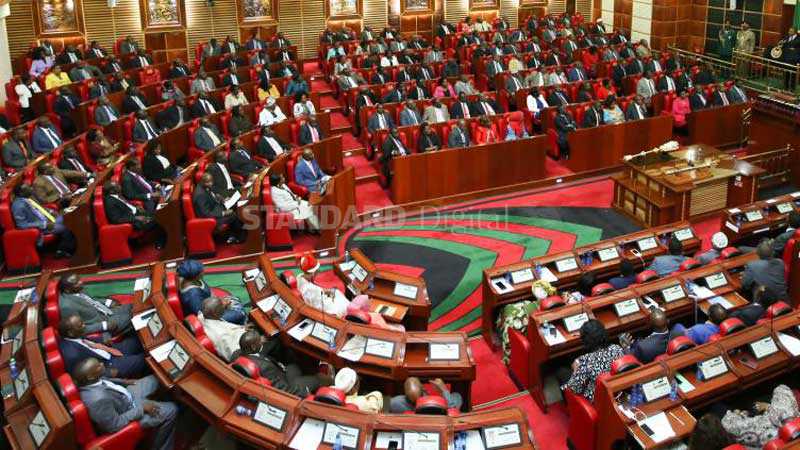×
The Standard e-Paper
Join Thousands Daily

MPs are at it again. Just days after news broke of yet another attempt to increase their perks, fresh details have emerged on how some MPs use House procedures to extort those summoned to appear before them.